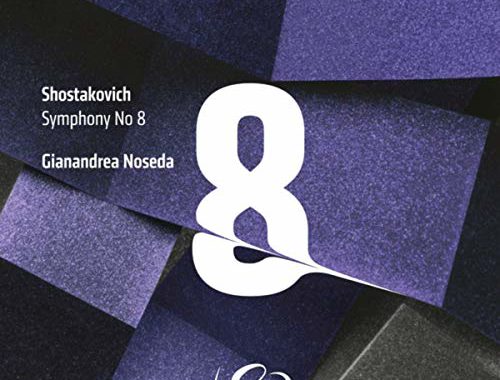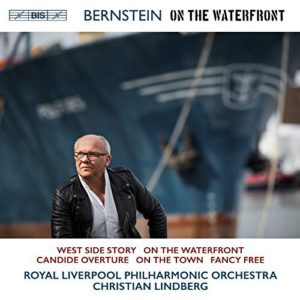I, Culture Orchestra, Kotla, Marriner, Royal Festival Hall
Sounding for all the world like the latest App for a certain smartphone, the I, Culture Orchestra is the youngest orchestra on the planet – just seven concerts old. In essence it’s the official orchestra of the Polish Presidency of the EU Council and yet another instance of music in action across borders – namely Poland’s neighbours to the East. But the issue is less about transcending social and political barriers and more about rewarding and encouraging the advance of music education in all corners of the globe. The I, Culture Orchestra is literally learning on its feet.
So definitely not the softly, softly approach – not when you launch yourself into the international public arena with Prokofiev’s Scythian Suite. But, of course, it isn’t the razzle-dazzle of the music’s pagan excesses that really tests youngsters like this but the shot-silk quietudes of the string writing – like the violas’ smoochy take on the roaring opening theme halfway through the first tableau. They are, as yet, cautiously sensual, feeling their way not so much to the notes but to the music beyond.
Pavel Kotla shared clear and precise direction with enthusiasm and the pairing of Szmanowski’s Symphony No.4 (Symphonie concertante) in the first half of the programme was not just symbolic geographically but a timely nod to the composer’s approaching centenary. This Szymanowski shares with Prokofiev a heady folksiness with luxuriant textures giving the exultant themes ideas above their station. Both works share an exotic nightscape with Szymanowksi fielding a glorious solo for the orchestra’s Ukrainian leader. Peter Jablonski was the other key soloist here, his shimmering piano cadenzas growing like offshoots of the orchestral texture.
Tchaikovsky’s 4th Symphony brought an astonishingly sprightly 89-year old Neville Marriner to the platform – youth and experience in heartening juxtaposition – and his unfussy, down-the-middle approach, to the piece was maybe just what these players needed in this early stage of their corporate development. There is nothing more challenging than the very particular phrasings inherent in this music and the first movement’s rhythmic intricacy and dramatic way with tempo-rubato occasioned a few tentative turns and little of the electricity which can rip the piece from the page. The I, Culture Orchestra has yet to find and assert its own identity.
But then again the orchestra was effectively born in Gdansk, home of Solidarity, and that’s got to be a good omen.


